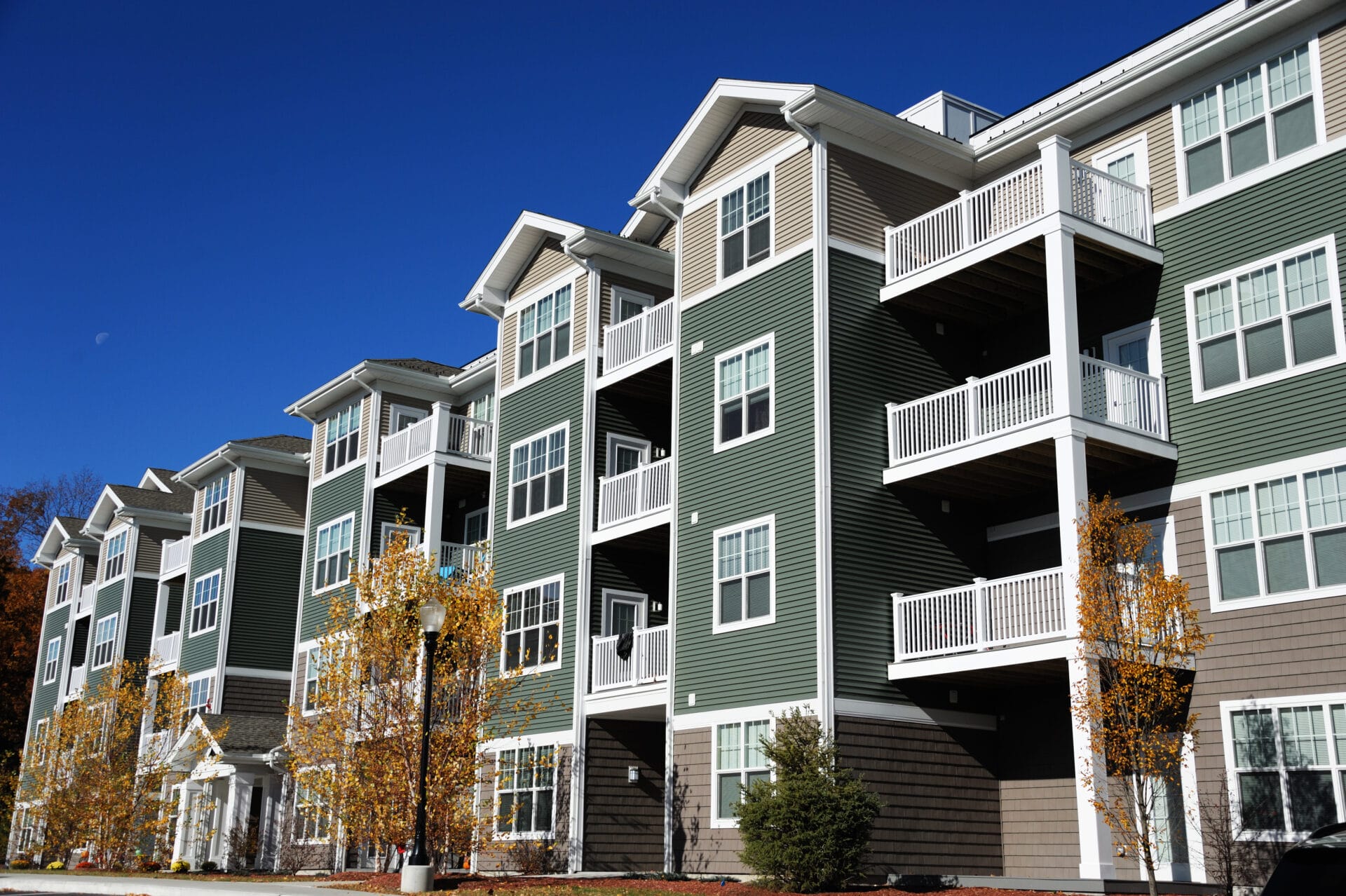In urban environments, pests can cause large-scale infestations extremely quickly. Pests tend to gravitate toward cities because of the sheer volume of food sources and shelter, and since pests can quickly reproduce, a small problem can rapidly become widespread. In a matter of weeks or even days, roaches, rodents, bed bugs, and other pests can infiltrate homes and businesses, maneuvering from one building to another with ease. Exterminators may need to employ urban pest control strategies to tackle widespread infestations for good, and city dwellers should take appropriate precautions to avoid severe infestations.


